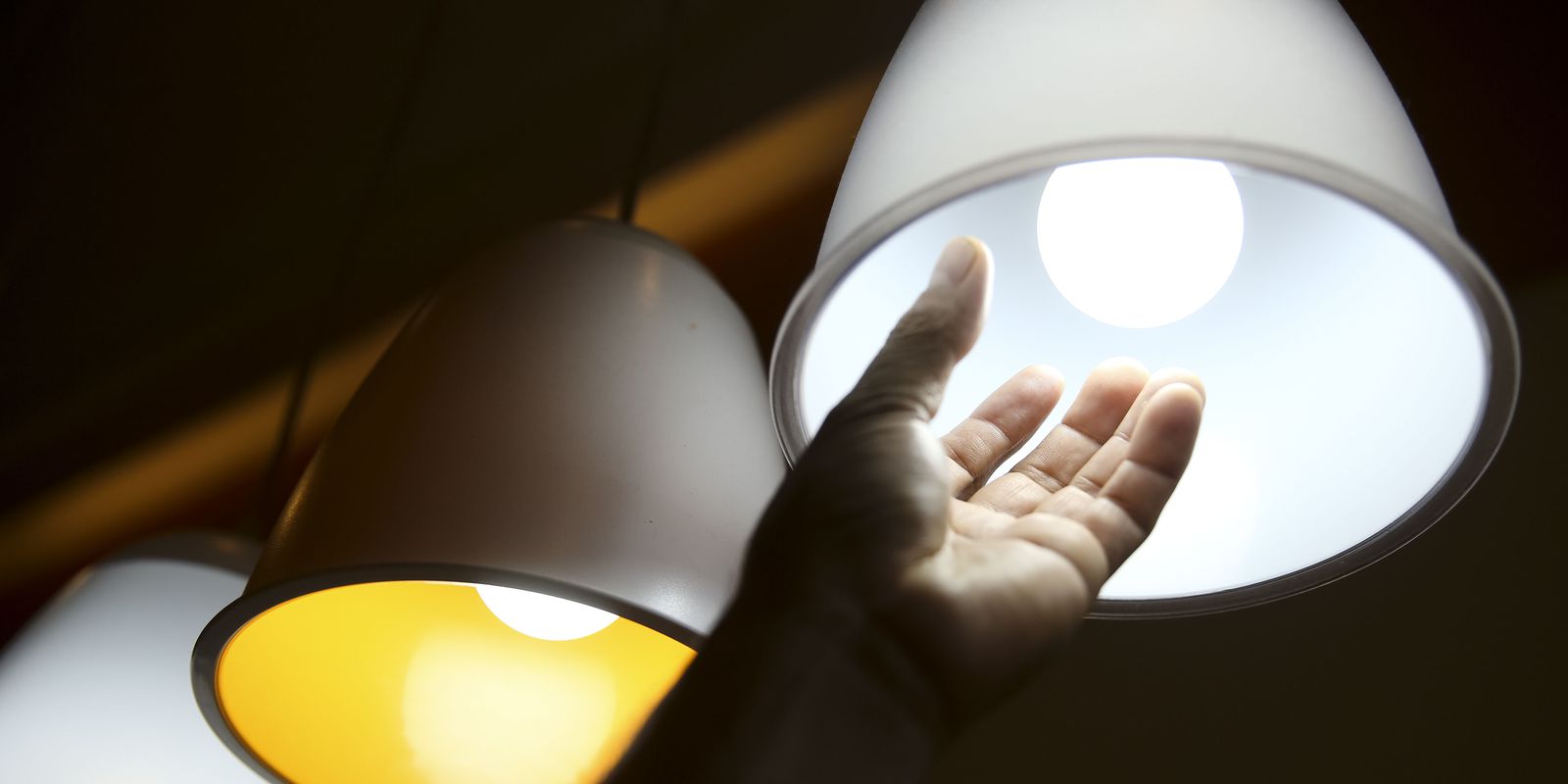In 2022, the consumer will bear a deficit of R$ 30.219 billion in the Energy Development Account (CDE). The estimate was approved this Tuesday (26) by the board of the National Electric Energy Agency (Aneel) and may result in an average impact of 3.39% on the electricity bill of consumers across the country.
The effect varies by region. Consumers in the South, Southeast and Midwest will have a 4.65% impact on tariffs. For consumers in the North and Northeast, the increase will be a little smaller: 2.41%.
The negative result of 2022 will be 54.3% higher than that of 2021. Last year, the CDE recorded a deficit of R$ 19.581 billion.
A sectoral fund that finances various subsidies to the energy sector, the CDE brings together nine subsidies for low-income, rural consumers, producers using renewable sources, small distributors and electrification cooperatives and coal producers. The fund’s deficit is passed on to consumers.
According to director Hélvio Guerra, rapporteur for the CDE’s budget proposal, the negative result may be reduced if the CDE receives an additional R$ 5 billion resulting from the Eletrobras privatization process.
end of flag
The pass-through of the CDE deficit to consumers represents another component of energy tariffs in 2022. Some recent measures will result in lower tariffs, such as the end of tariff flagswhich came into force on the 16th and will represent a reduction of around 20% in the electricity bill.
The recovery of the reservoirs of the main hydroelectric plants in the Southeast and Midwest contributed to the removal of tariff flags. These banners fund the activation of thermoelectric plants to cover the shortage of water energy.
Loan
Even with the end of tariff flags, the consumer would bear extra expenses in 2022 to cover the financial impacts of last year’s water crisis. To avoid a tariff this year, the government issued a provisional measure authorizing the loan of a pool from public and private banks for energy distributors to be reimbursed.
In March, Aneel approved loan, in the amount of BRL 10.5 billion. Despite reducing the rate hike this year, the credit operation will result in higher rates for consumers from 2023. This is because consumers will be responsible for paying the loan in installments over the next few years, through a charge on the account of light.









